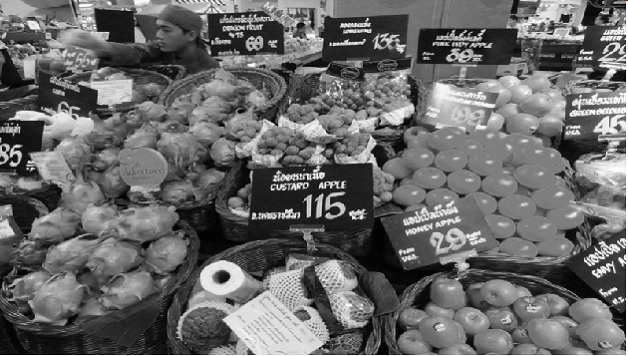Country of origin claims are back in the political spotlight again with the Chairman of the House of Representatives Agriculture and Industry Committee, Liberal MP Rowan Ramsey, recently announcing a new inquiry into country of origin food labelling.
Inquiries into country of origin in the context of food labelling are not new, with a long line of investigations and attempted reform over the last few years. In only May last year there was the introduction of the Competition and Consumer Amendment (Australian Country of Origin Food Labelling) Bill in aimed at simplifying food labelling requirements for country of origin claims (previously blogged about here). That Bill, which lapsed with the last federal election, was an attempt to implement the recommendations in 2012 of a Senate Select Committee on Australia’s Food Processing Sector. Prior to that, in 2011, an independent panel headed up by Dr Neal Blewett presented the report ‘Labelling Logic, the Review of Food Labelling Law and Policy’ which, amongst other things, also recommended changes to the country of origin regime as it related to food.
The Terms of Reference for this latest inquiry are relatively broad, and involve a consideration of:
- whether the current country of origin labelling requirements provide consumers with enough information to make informed decision when purchasing an item;
- whether Australia’s country of origin labelling requirements are being complied with and the practical limitations of compliance (if any);
- whether improvements could be made (i.e. by simplifying the current laws and/or reducing the compliance burden);
- whether Australia’s country of origin labelling requirements are being circumvented by staging imports through third countries; and
- the impact of proposed changes to the country of origin labelling requirements on Australia’s international trade obligations.
As the law currently stands, the Australia New Zealand Food Standards Code (Code) set out the minimum disclosure requirements for the supply of food, mandating that certain food products identify the country of origin of the ingredients and where applicable, the country in which food was processed. The Australian Consumer Law (ACL) also prohibits misleading, deceptive or false representations about the country of origin of products. These requirements have been labelled by many as confusing and misleading for consumers, with critics claiming many consumers are unable to determine the origin of their food.
With the introduction of the new inquiry, Greens leader Christine Milne has once again emphasised how the “Greens have long been calling for reform of Australian food labelling, to help consumers make informed use of their purchasing power…consumers want to support Australian farmers and producers but the current food labelling rules are just too confusing”. The announcement of this new inquiry certainly comes amid mounting pressure from political parties, farming groups and consumer advocate Choice, who are all pushing for stronger country of origin labelling laws. Victorian Liberal MP Sharman Stone is also seeking stronger labelling requirements, referring to SPC Ardmona’s difficulties and the impact of what many have labelled “ambiguous” country of origin legislation. What will be interesting to see is whether recommendations (if any) for change can make it through the parliamentary process given the unsuccessful history of attempted reform to date.
Submissions by interested parties must be made to the HOR Agriculture and Industry Committee before 2 May 2014. Details are available at the Committee’s website. We are well placed to assist with any submissions.
By Hanna Gyton and Melissa Monks
Photo credit: epSos.de / Foter / Creative Commons Attribution 2.0 Generic (CC BY 2.0)








